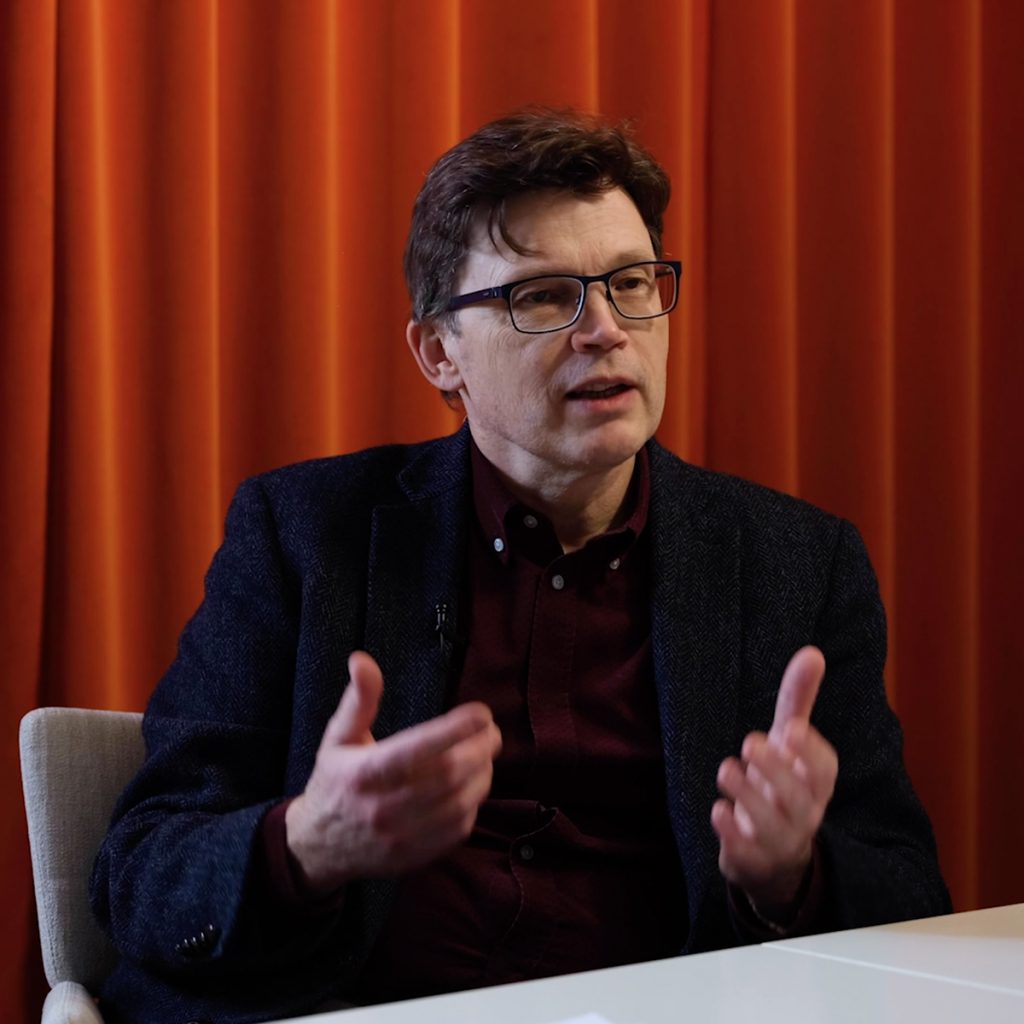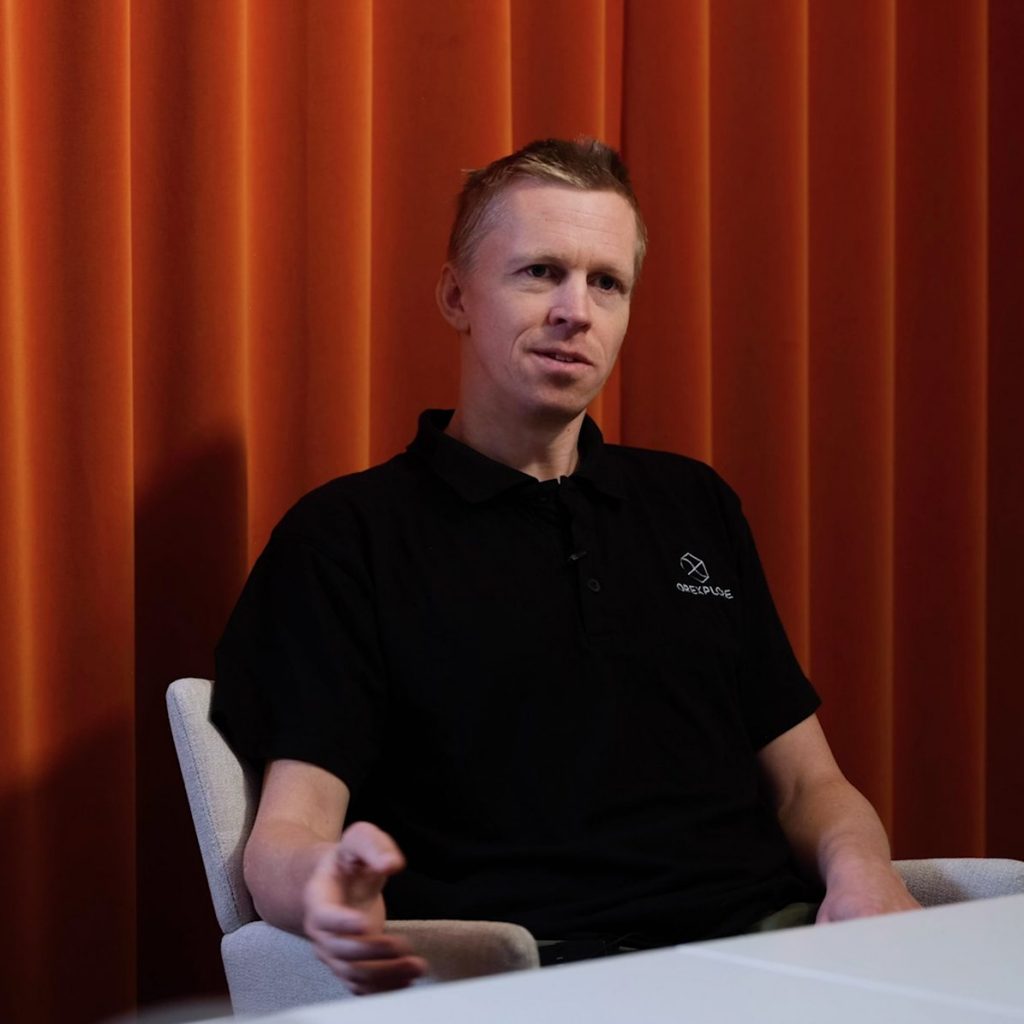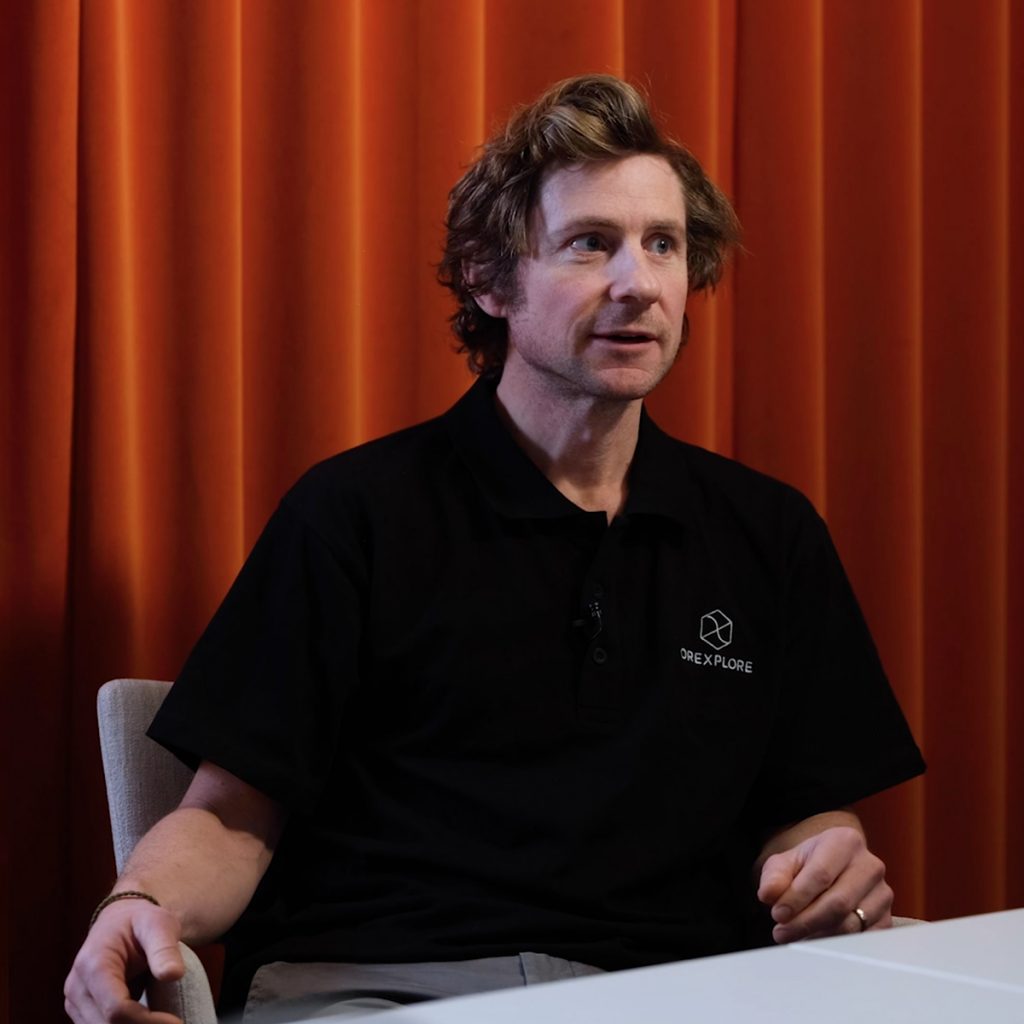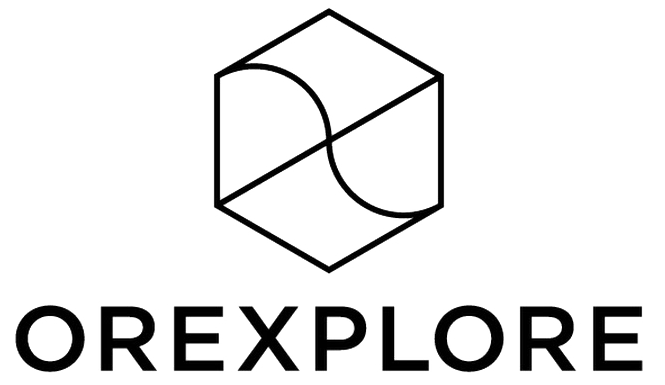Effective project management can vary greatly from one organisation to another. For Orexplore, they’ve found that agile methodology – or the process in which a team manages a project by breaking it up into smaller, collaborative stages – is most effective and beneficial. Not only does the process boost productivity, it allows stakeholders to feel more empowered, creative and driven to excel throughout the entire development chain.

"We empower our employees to make active decisions in their projects and trust that they will find the best way forward. After all, they are the experts in their fields."
Mikael Bergqvist
In your role as a manager, what makes the agile approach different from a traditional hierarchical approach?
Mikael Bergqvist — Chief Technology Officer (CTO) The biggest difference for me as a manager between an agile approach and a traditional one is that much of the decision-making is spread throughout the organisation, instead of just top down.
We empower our employees to make active decisions in their projects and trust that they will find the best way forward. After all, they are the experts in their fields. My job is to set the overall direction and remove any obstacles along the way.
Why has Orexplore as an organisation chosen to work agile?
We’ve chosen the agile approach because it’s been proven, over and over again, to be much more efficient and successful than the traditional waterfall way of doing things.
"In product development, you need to learn together with the customer what is really needed and valued. We test our ideas by building prototypes exposed to the end-users, and iterate until the users are happy."
Mikael Bergqvist
The key understanding, I think, is that you learn as you go and that you don’t have all the answers from the beginning.
In product development, you need to learn together with the customer what is really needed and valued. We test our ideas by building prototypes exposed to the end-users, and iterate until the users are happy. Agile is about responding to change. I think Mike Tyson expressed it correctly: “Everyone has a plan until they get punched in the face.”
How does the organisation work and collaborate together?
We work in small cross-functional teams that are fully autonomous and have the needed competences to realise a goal. The overall goal is broken down into smaller tasks and planned in sprints over roughly a month’s time.

"Our open culture has led to a more creative environment, success and a strong belief in each individual's ability."
Christian Häggström
From an employees perspective, how does the agile working method affect your daily work with your colleagues?
Christian Häggström — Software Engineer:
Orexplore’s culture is very agile in that it’s an equal organisation without project managers, which results in faster decision-making and closer interaction between disciplines.
As individuals we are responsible for how the project is progressing, and this includes creative problem-solving. If the task is to solve a problem that no one has solved before, it’s up to each of us to find a solution.
Our open culture has led to a more creative environment, success and a strong belief in each individual’s ability.
The way we work makes me understand the challenges of my colleagues and other departments. I know that I am part of a whole, and although we may think differently about how to reach a goal, the goal is the same for everyone at Orexplore. And that is to create an efficient and future-proof technology and to simplify mineral discovery.

"This freedom means that one's ideas often shine through in the end result, and it becomes a unique approach that we are proud of."
Richard Lilliestrale
From an employees perspective, how does the agile working method affect your daily work with your colleagues?
Richard Lilliestrale — Mechanical Engineer:
We usually start the working process with quick and informal meetings where we just throw out a lot of possible ideas at an early stage with other groups, like physicists for example, to get their insights and unique perspective on a challenge.
Because these meetings are informal, you dare to suggest crazy and creative solutions, with the hope that you may have the opportunity to implement your idea. It also gives you time to thoroughly explain your own skills to colleagues and thereby spread knowledge in the team.
This freedom means that one’s ideas often shine through in the end result, and it becomes a unique approach that we are proud of. I think our customers feel our professional pride and engagement, knowing that we will continue to improve our products and services.
Always being aware of the end-user offers a lot of freedom to each individual in the implementation process. But it also comes with great responsibility, and I have developed both professionally and as a person as a result.
—
Want to learn more? → Get in touch

